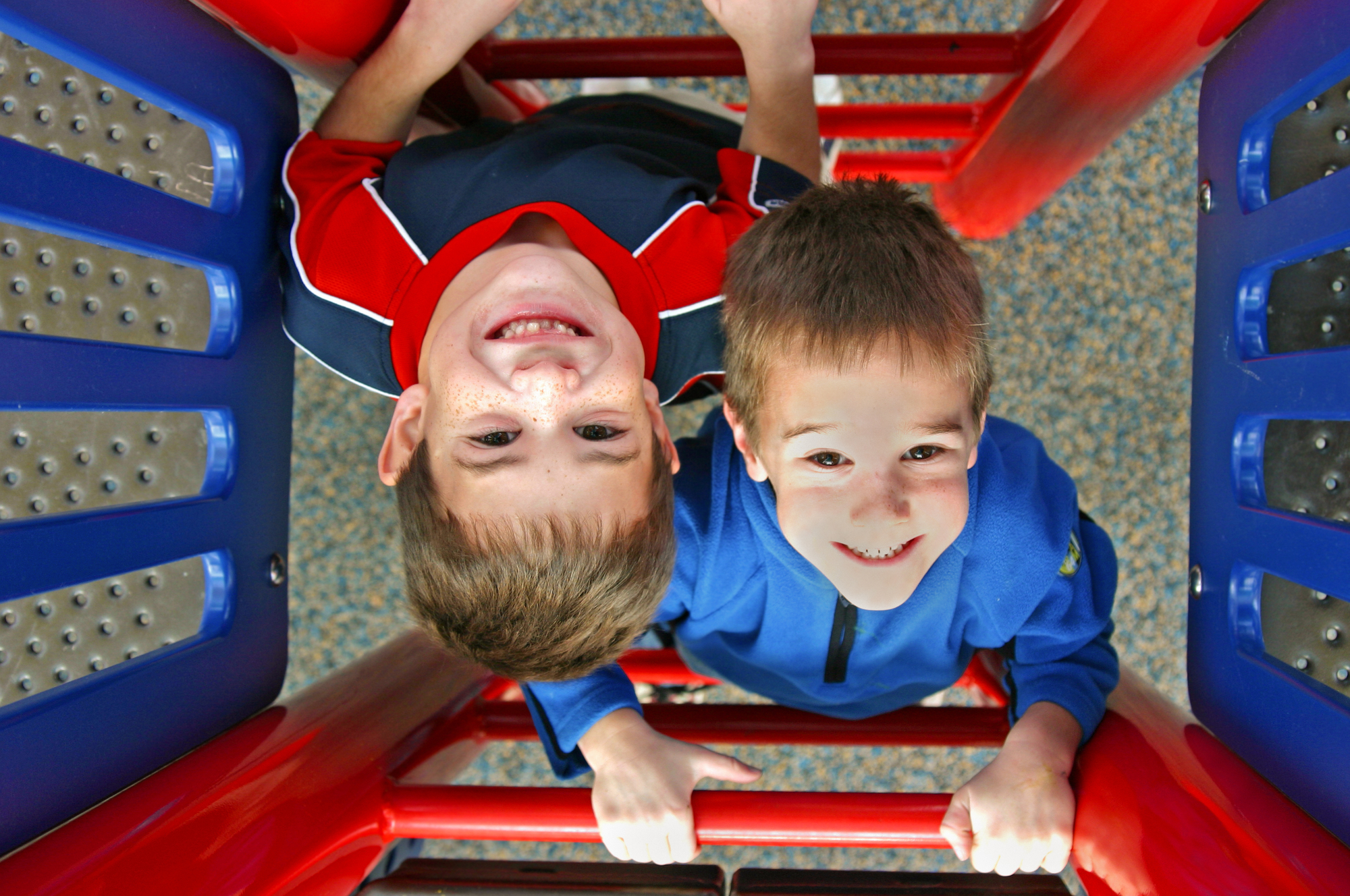It’s instinct. You see your child climbing up the sofa, and you immediately swoop in and grab him. Though the little one was managing the sofa quite swimmingly, a part of you felt that he may just slip and slide anytime. So you swooped in and gave him a tight hug, secure in the knowledge that your loved one is safe and sound.
As parents, we want to protect our children from the dangers of the world around us. As much as we can, we want to shield them from hurt and humiliation, suffering and pain. But in reality, there is only so much that we can do. Indeed, if we protect our children too much, we may even be doing them more harm than good.
In an interview with the American Journal of Play, Hara Estroff Marano, editor at large for Psychology Today and author of A Nation of Wimps: The High Cost of Invasive Parenting, made some astute observations.
“Today’s young, at least in the middle class and upper class, are psychologically fragile. Historically, the normal vicissitudes of life, the little lumps and bumps, the challenges, and the daily difficulties have been pebbles over which we have stumbled but on which we have developed our unique coping skills. We have used that experience to develop a sense of mastery and confidence that we can cope with whatever life throws our way… We are robbing people of the sense that they can cope. Without that, we have no basis for nurturing the moral sentiment of courage.”
Marano believes that the movement towards a more protective – if not overprotective – style of parenting has contributed much to this phenomenon. And more and more studies affirm her conviction.

LET THE CHILDREN PLAY
For children, the playground is a place of fun, exploration, and enchantment. For parents, it’s the site of bruised knees and broken hearts.
In 2011, Ellen Sandseter, professor of early childhood education at Queen Maud University College in Norway, published a paper called Children’s Risky Play From an Evolutionary Perspective: The Anti-Phobic Effects of Thrilling Experiences.
By observing and interviewing kids on Norway’s playgrounds, she found out that kids have a sensory need to take risks. By taking risks, children learn to manage and overcome their fears. Climbing, wrestling, exploring on their own – these are types of play which can help children conquer small challenges so that they may get themselves ready for the big ones.
Unfortunately, more and more children are not being allowed to roam around playgrounds unencumbered. Not only are they dressed with all sorts of protective gear, their parents are always on guard, not letting them out of sight for fear that something “bad” will happen.
Ironically, Sandseter said that parents’ fear of their children being harmed may result in more fearful children, who will inevitably grow up to be anxious, risk-averse adults.
Marano added, “By this psychological sleight, ordinary risks seem more dangerous than they once did. The attempt to eliminate risk is not only a fool’s goal and enormously presumptuous, it completely misrepresents the nature of life. Risk is an inherent part of life. Success and happiness hinge not on the elimination of risk but on the reasonable management of risk.”
There is another downside to depriving children of outdoor play. It is at the playground where kids gain social skills. By playing with other kids, they learn how to assimilate in a group, handle fights, smooth over problems, and assert themselves. These skills are natural deterrents to bullying. When a child knows how to handle himself in a crowd, he is less likely to be teased or bullied.
“The more kids lack social skills, the more likely they are preyed upon by bullies. After all, bullies don’t pick on just anyone. They carefully target the weaker kids, those who don’t know how to get along with and are not liked by other kids,” Marano said.
It is thus growingly apparent that parents must dial down their overly protective grips. By letting them make mistakes, children will know how to deal with any sort of crisis that they may encounter later on in life. By allowing them to explore on their own, children will know how to take responsibility for their actions, shaping them into fearlessly independent individuals.
Alongside the values that we teach, the trust that we bestow, and the love that we shower our children, we must also arm them with the right nutrition so they can take on challenges big and small. Giving them the right kind, amount, and variety of nutritious food will sustain them in their growth years. And there are nutritious food that they should continue to grow with like whole milk.
Anchor Full Cream Milk which has 100% whole milk gives your children the pure goodness of dairy to help them achieve their natural potential. Because Anchor Full Cream Milk provides more natural milk protein, calcium, and vitamins in every glass, your children will bounce back stronger from any and all setbacks. Indeed, from such goodness comes much greatness as your children set out to conquer the world.


Great article. Very helpful. Hopefully we continue the sharing of experiences so that other parents can cope better in raising great kids in tota’s world.